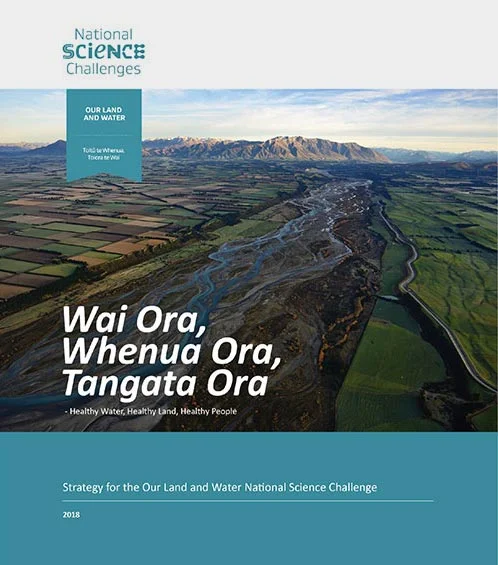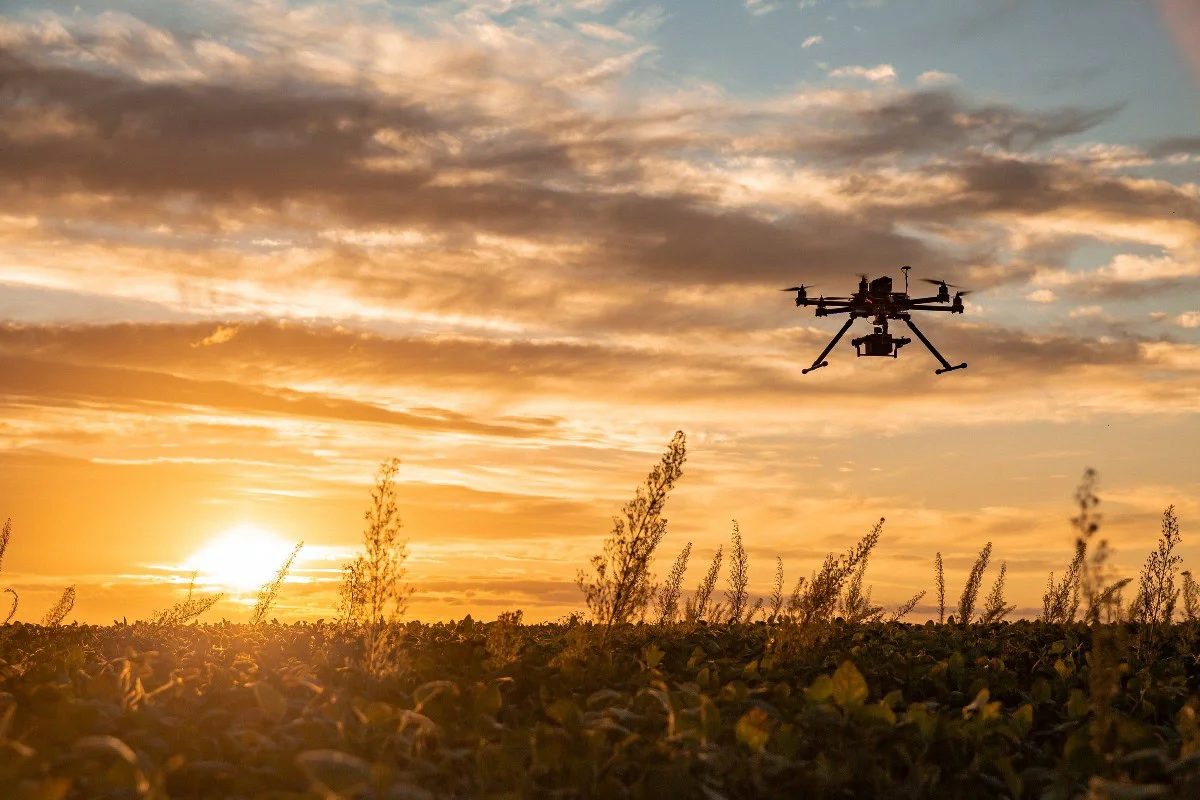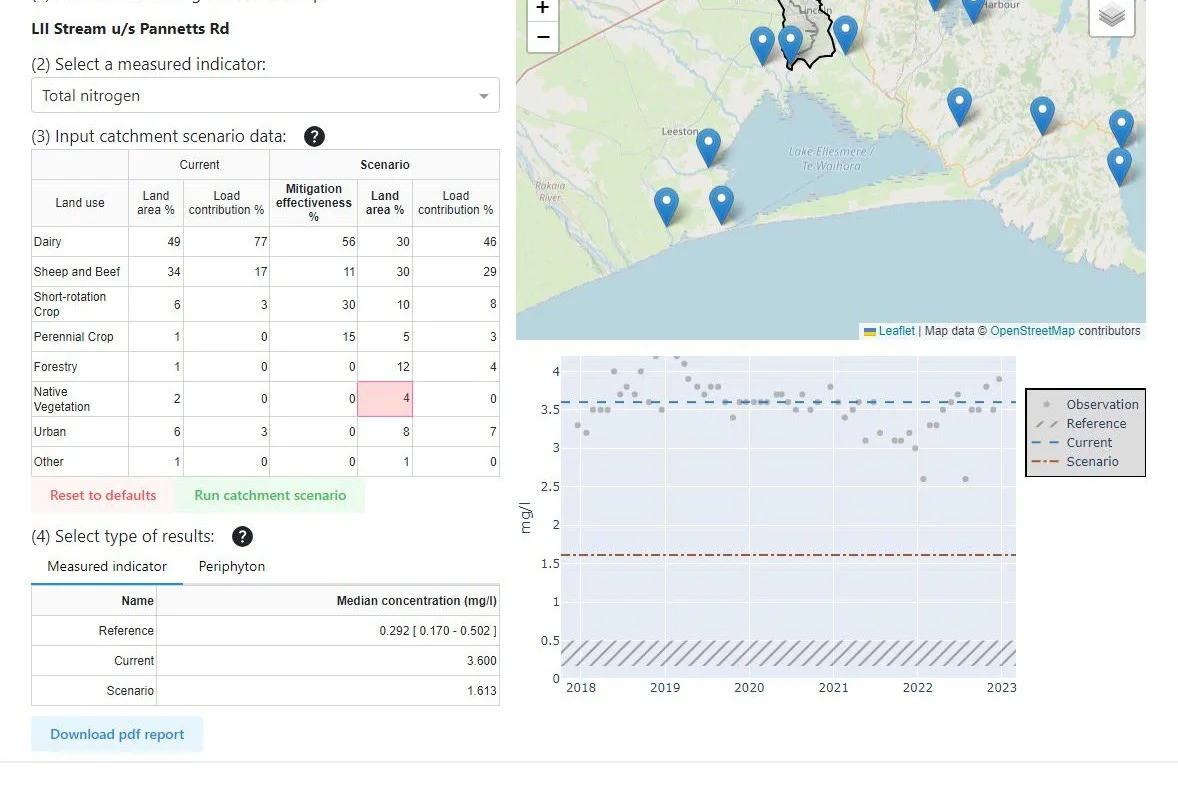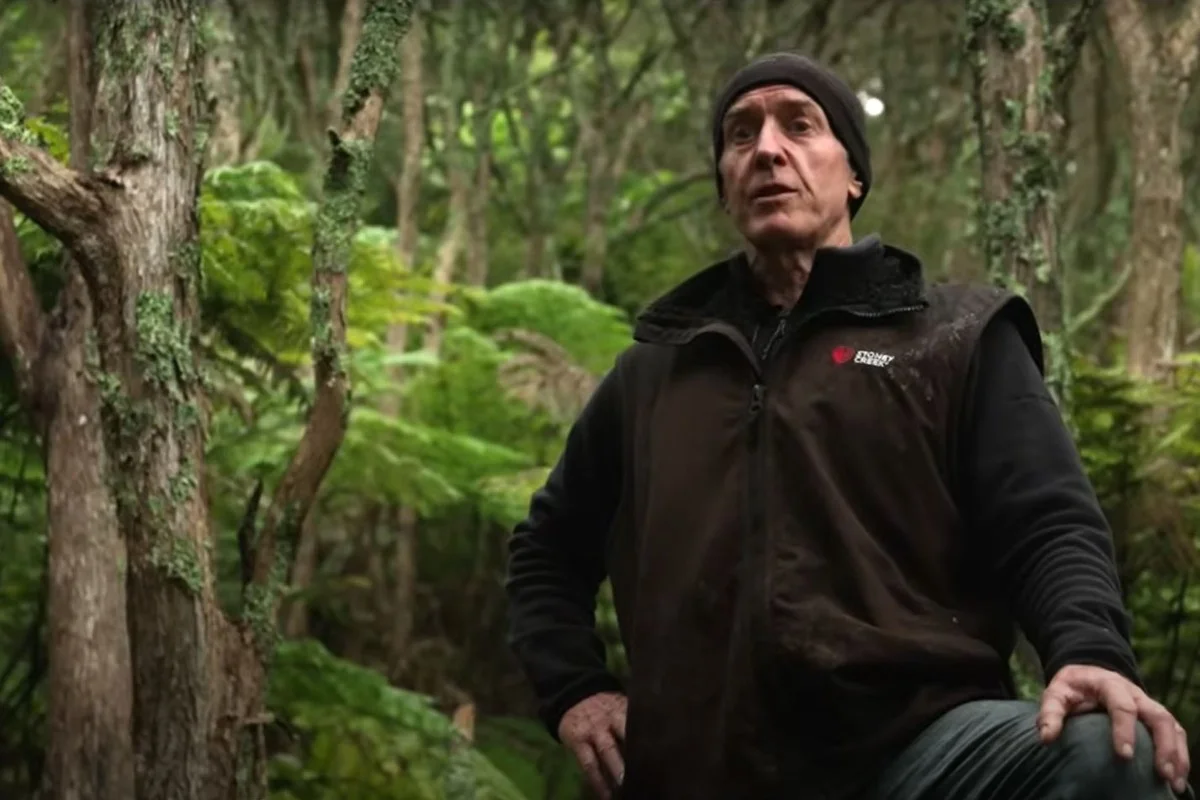Urban Sustainability Leaders Inspired by Farmers
Bringing urban and rural businesses together to talk about sustainability has resulted in a raft of changes to reduce environmental impact, and interestingly has seen urban businesses looking to the rural sector for inspiration, reveals a new Urban-Rural Partnership model trialled in 2023.
Bringing urban and rural businesses together to talk about sustainability has resulted in a raft of changes to reduce environmental impact and interestingly has seen urban businesses looking to the rural sector for inspiration, reveals a new Urban-Rural Partnership model trialled in 2023.
Over six months, four rural farm businesses and four urban businesses from across Aotearoa met regularly to share their ideas and actions for creating environmental change. The project – conducted by Scarlatti and funded by Our Land and Water – asked, “If farmers could see urban groups making equal change to improve the environment, would they be more motivated to make change themselves?”
Yet the findings flipped this hypothesis on its head, with the researchers instead discovering that urban businesses in particular were motivated and inspired by their rural counterparts to make environmental changes.
“Rural businesses are protectors of the land in a way, and seeing that role that they hold and how they complete that role has been motivating for me to look at how we can improve,” says one urban participant.
Pointing to regulations and perceived expectations around sustainability and climate change action from stakeholders, consumers and the wider public, lead researcher Dana Carver says: “Rural businesses already have strong external drivers to make changes to reduce environmental impact. Many urban businesses didn’t have this pressure, and the Urban-Rural Partnership programme gave them a stronger internal motivation to be more sustainable.”
In the pilot initiative, the eight businesses met regularly to co-design outcomes and agree on equivalent actions for their own businesses that would reduce their environmental impact and benefit their communities. Through in-person and online meetings, participants shared their sustainability journeys, identified potential changes for their own businesses, and committed to implementing these changes.
“Rural businesses are protectors of the land in a way, and seeing that role that they hold and how they complete that role has been motivating for me to look at how we can improve”
Urban participant
As well as taking environmental action, both groups developed a stronger understanding of each other’s situation and resulted in more favourable attitudes towards farming among urban businesses. All the businesses and farms involved valued the personal connections they made through the programme.
“The one constant we have, from a rural perspective, is the lack of understanding, the lack of buy-in from rural businesses about what we’re trying to do,” explains one of the farmers involved. “By joining this [project], it gave me an opportunity to actually sit there and understand why they think the way they do, and to get them to think along to same line as us. Basically, communicating our story.”
That influence was felt beyond the eight participants, with presentations from cohort members to their own networks, features in industry publications, and social media gaining awareness for their sustainability and farming stories.
“This participatory research was designed as a replicable pilot,” says Dana. “The benefits are amplified where partnership members publicly share their experiences within their own local and industry networks.”
Based on the numbers in this pilot, Dana says annual cohorts could reach up to 420 businesses over a 10-year period who will make active change, and increase the awareness of farming and sustainability actions to another 800 – 1400 businesses.
To support networks or organisations to trial Urban-Rural Partnership groups, a free ‘how to’ guide is available from the research. It highlights that creating urban-rural groups to partner for change is likely to work best when connecting existing networks and groups of diverse businesses, including catchment groups, farmers, and regional business networks rather than starting entirely new structures.
The Urban-Rural Partnerships for Equal Change project exemplifies the power of collaboration and shared responsibility in driving environmental change. By bringing together urban businesses and farmers, the initiative not only fostered mutual understanding but also inspired tangible actions towards sustainability. Moving forward, initiatives like this have the potential to transform our we approach enabling sustainable business practice.
More information:
- The researchers have produced a guidance document for those interested in undertaking a similar partnership process: Partnering for Change work group process guide
- Partnering for Change: Pilot and replicable model (report)
- Partnering for Change: A shared-responsibility approach to environmental change (infographic)
- Urban-Rural Partnerships for Equal Change project page
Author
 View Our Strategy Document 2019 – 2024
View Our Strategy Document 2019 – 2024




Leave a Reply